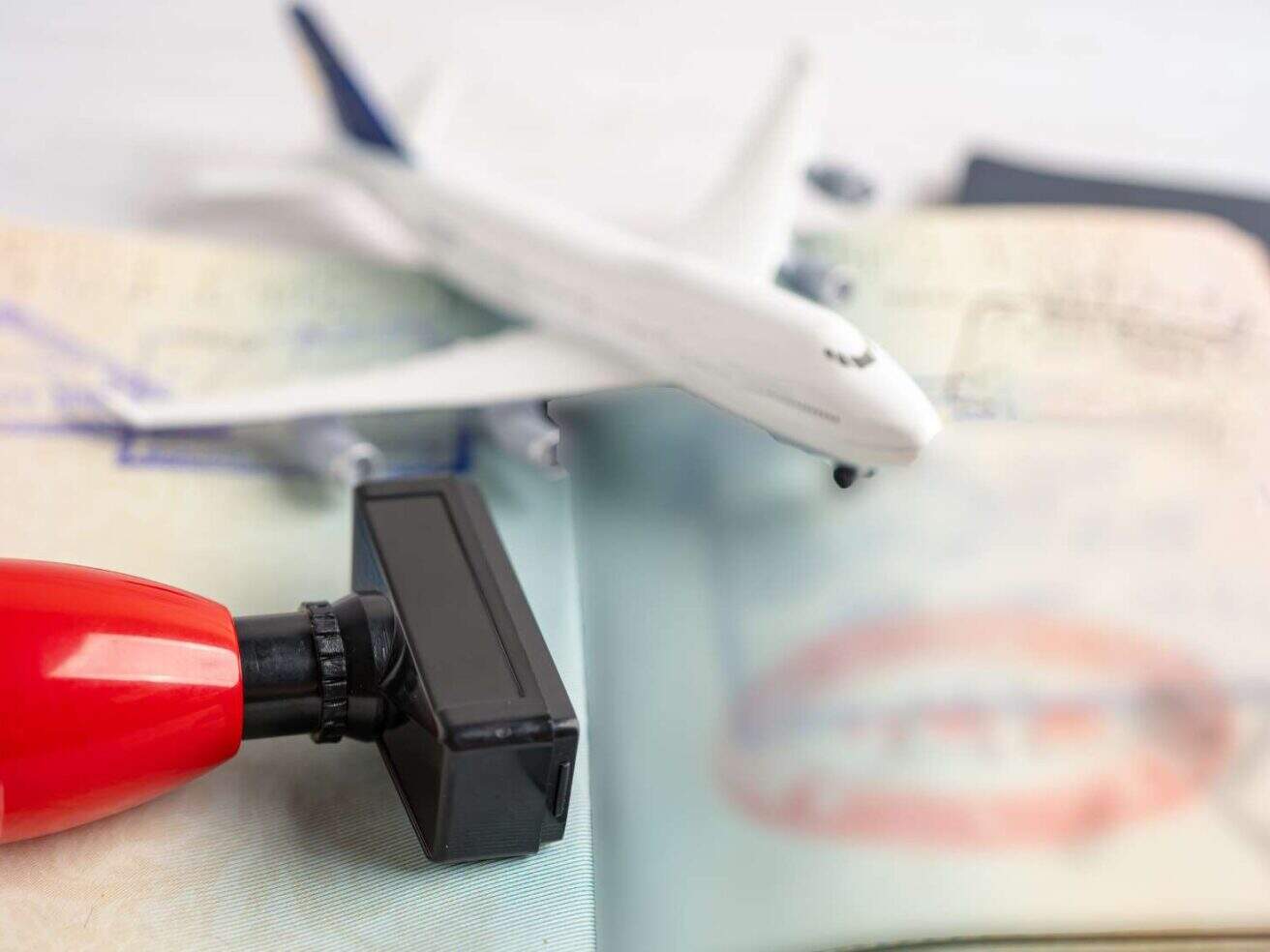What is the 212(e) Home Country Physical Presence Rule and When Does it Apply to the J-1 Visa?

Navigating the complexities of the J-1 visa can be challenging, especially when it comes to understanding the 212(e) home residency rule. This federal rule only applies to certain J-1 and J-2 visa holders, potentially affecting their ability to immediately return to the U.S. for opportunities. But how do you know if the 212(e) rule will or does apply to you or a foreign employee? And if it does, what are your options? Read on for a breakdown of this rule so you can plan your next steps with confidence.
What is the 212(e) Two-Year Home Residency Requirement?
The 212(e) rule requires certain J-1 and J-2 visa holders to depart the U.S. for at least two years following their program end date before returning to the U.S. on an H-1B, L, or K visa or on an immigrant status. This rule is also known as the two-year home-country physical presence rule, as it requires applicable visa holders to remain in their home country (or outside the U.S.) for two years before returning. However, this rule is not automatically applied to all J-1 Intern or Trainee visas.
When Does the 212(e) Two-Year Residency Rule Apply to the J-1/J-2 Visas?
The home residency requirement does NOT apply to everyone. It only applies to J-1 and J-2 holders who meet the following criteria:
- Received government financing specifically for their U.S. program
- Train in a field deemed important to the national interest by their home country
- Applied at the discretion of a U.S. consular official approving the visa
Your visa sponsor can assist in assessing whether your field of training alone will mean that the 212(e) rule will apply to you.
If a J-1/J-2 visa holder meets any of these criteria, they may not be eligible to return to the U.S. on the H, L, or K visa, or apply for permanent residency, until they’ve remained outside of the country for at least two years.
Rest assured! The 212(e) rule does not apply to future J-1, F-1, B-1 or ESTA/tourist visas.
Should you receive a U.S. job offer or become engaged to a U.S. citizen during the two-year waiting period, it is possible to waive this rule through an application process, including the I-612 USCIS filing.
If you’d like to learn if this rule applies to you or a foreign employee or if it can be waived, please contact our team.
For Trainees—A Separate Two-Year Home Residency Rule
The J-1 Trainee visa is automatically subject to a different two-year residency rule that specifically applies to repeat J-1 programs. This two-year rule means:
- A J-1 Intern must wait two years before returning as a J-1 Trainee.
- A J-1 Trainee must wait two years before returning again as a J-1 Trainee.
This rule bears no connection to the 212(e) rule and cannot be waived.
AIFS Professional Pathways—Your J-1 Intern and Trainee Visa Program Partner
Determining J-1 visa eligibility can be challenging, especially if you’ve previously visited the U.S. on a cultural exchange visa. Fortunately, AIFS Professional Pathways, an official J-1 Intern and Trainee visa program sponsor, can easily verify if you or a foreign employee is eligible for a J-1 visa and if they can have the home residency requirement waived. If there are any obstacles to getting visa approval, our expert J-1 visa team is ready to meet them. Thanks to our many valuable services, such as 24/7 emergency support, comprehensive insurance, fast processing times, and unmatched customer service, obtaining a J-1 visa and maintaining program compliance has never been this seamless.
AIFS Professional Pathways
AIFS Professional Pathways administers J-1 visa sponsorship for international Interns and Trainees pursing professional opportunities with multi-sector businesses across the U.S. This division of AIFS supports U.S. companies, immigration firms, universities, partners, students, and professional at all levels.
